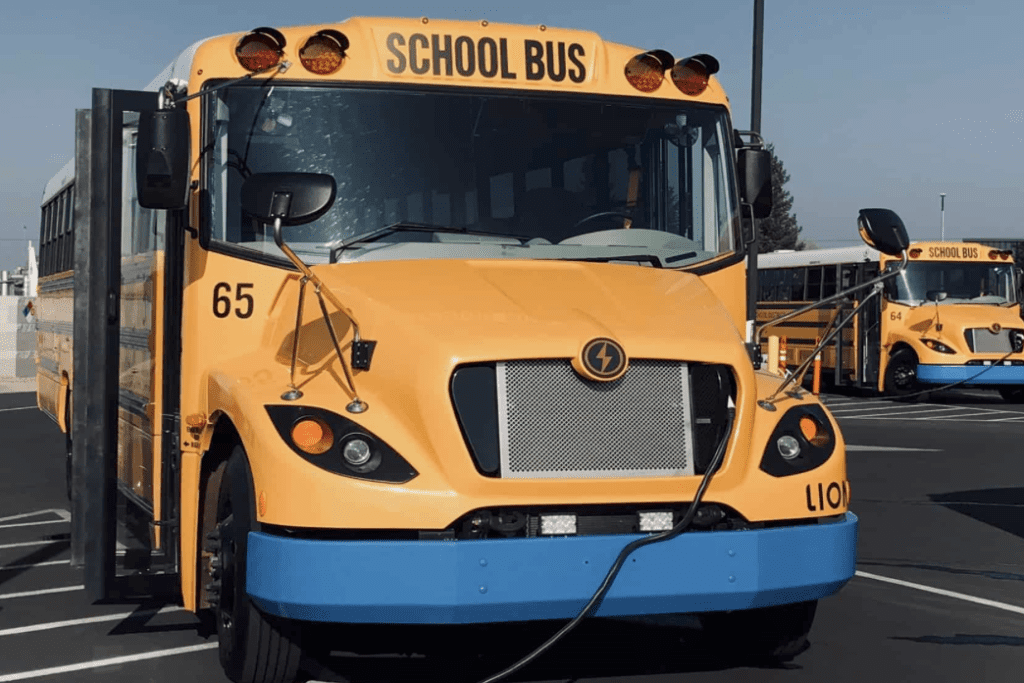The Minnesota Pollution Control Agency (MPCA) recently proposed an “electric school bus pilot project.”
MPCA will invest up to $3 million from Minnesota’s share of the national Volkswagen settlement fund to provide a financial incentive for owners of diesel-powered school buses to replace them with new electric models.” MPCA believes that these electric buses will reduce greenhouse gas emissions and reduce air pollution.
 This pilot project will provide the “winning” school districts with at least six new electric school busses in two years. The state’s school districts are divided up into four regions so that each district can have equitable access to these buses.
This pilot project will provide the “winning” school districts with at least six new electric school busses in two years. The state’s school districts are divided up into four regions so that each district can have equitable access to these buses.
A quick glance at the Minneapolis Public Schools (MPS) website shows you how bad an idea this is.
According to MPS, “the current cost of electric school buses and charging stations is prohibitively expensive to implement. Electric school buses are almost triple the cost of traditional propane or diesel school buses.” In addition, “there is also an investment needed to purchase and install charging stations” and their quotes for charging station installation added nearly $160,000 to the cost.
But most importantly, cold weather starts to set in early in the Minnesota school year and lasts for nearly six months. Electric buses, according to the Massachusetts Department of Energy Resources, typically have a reduced distance they can travel per charge during cold weather months. This means that a typical Minnesota school bus using the heating system inside the bus, would be “severely impact[ed].” Under ideal conditions, an electric school bus could travel 120 miles per charge. Since many rural school buses currently operate for 13 hours per day and have minimal opportunities to fully recharge the bus battery, buses suddenly become extremely unreliable and dangerous for their passengers during cold weather months.
Minnesota school children shouldn’t have to take a risky ride to school in order to fulfill the MPCA’s electric bus fantasy.




